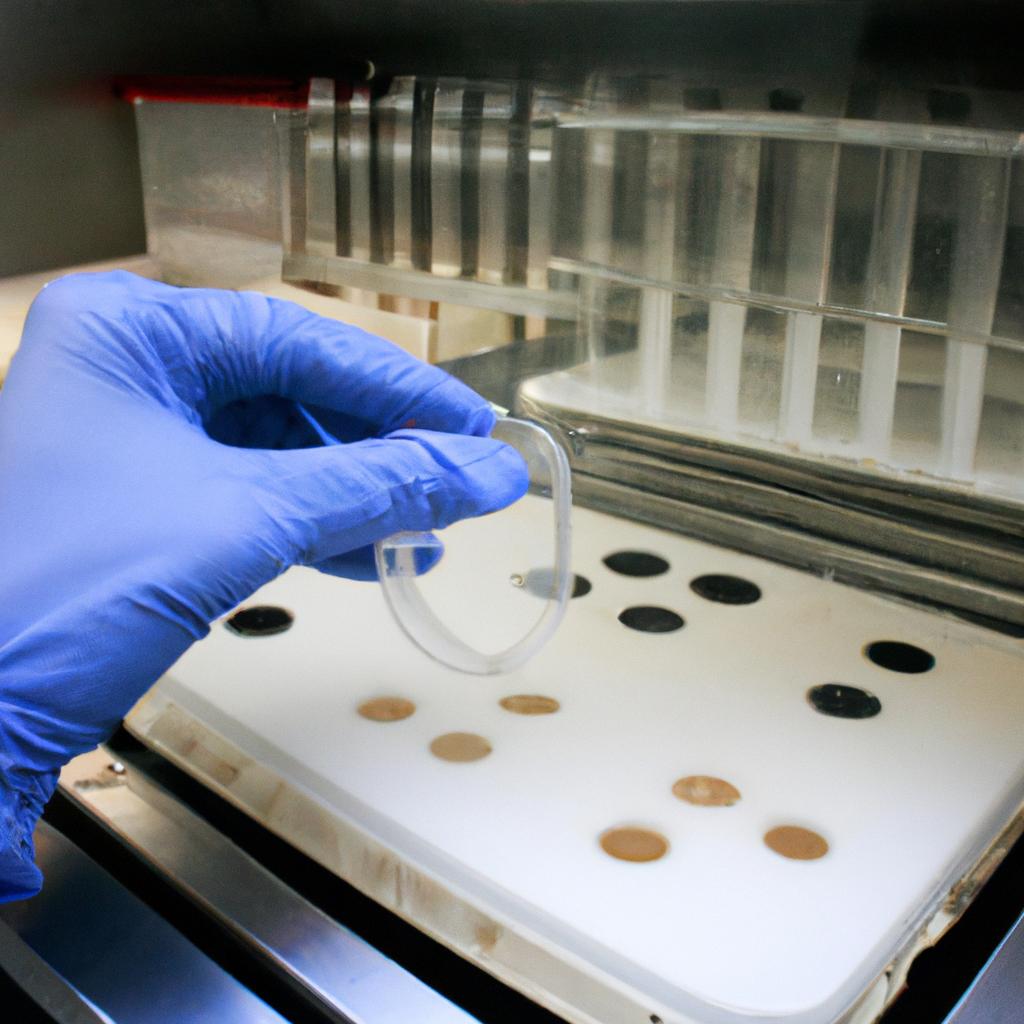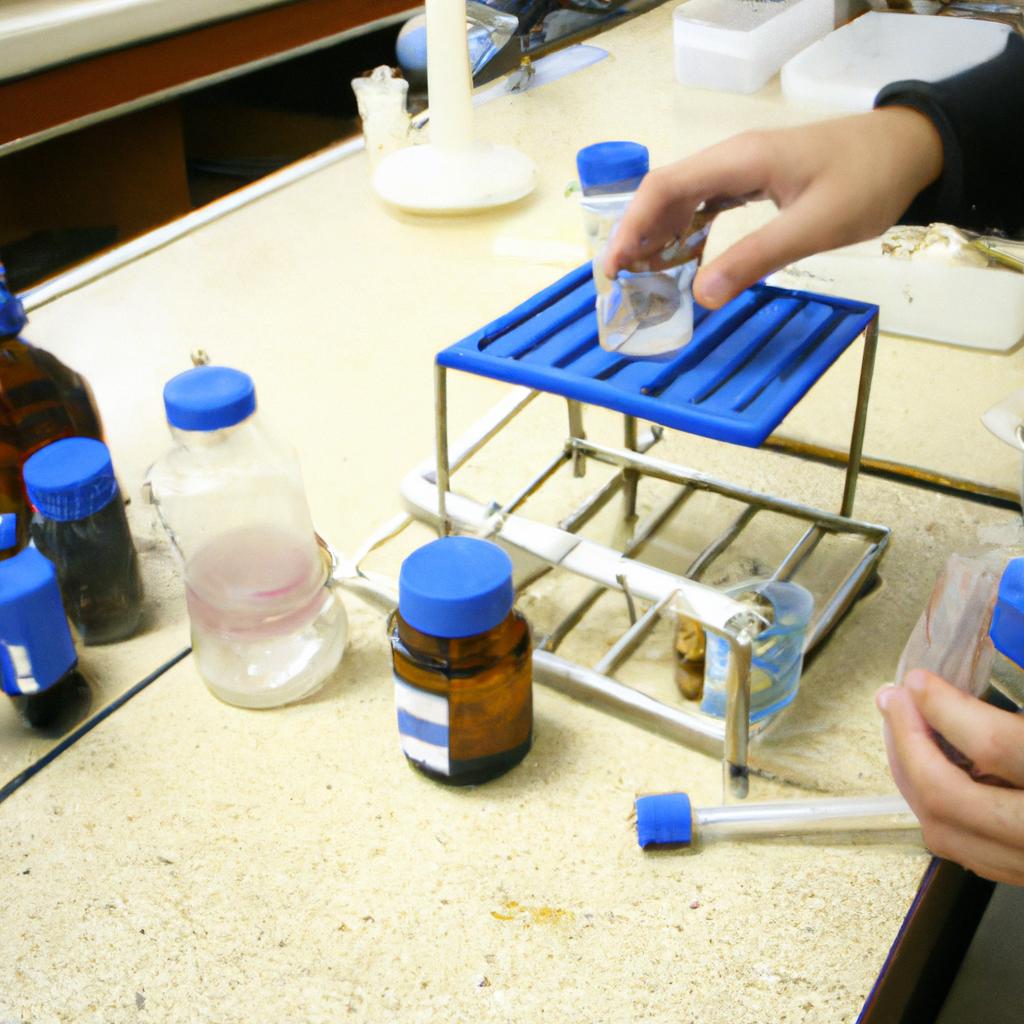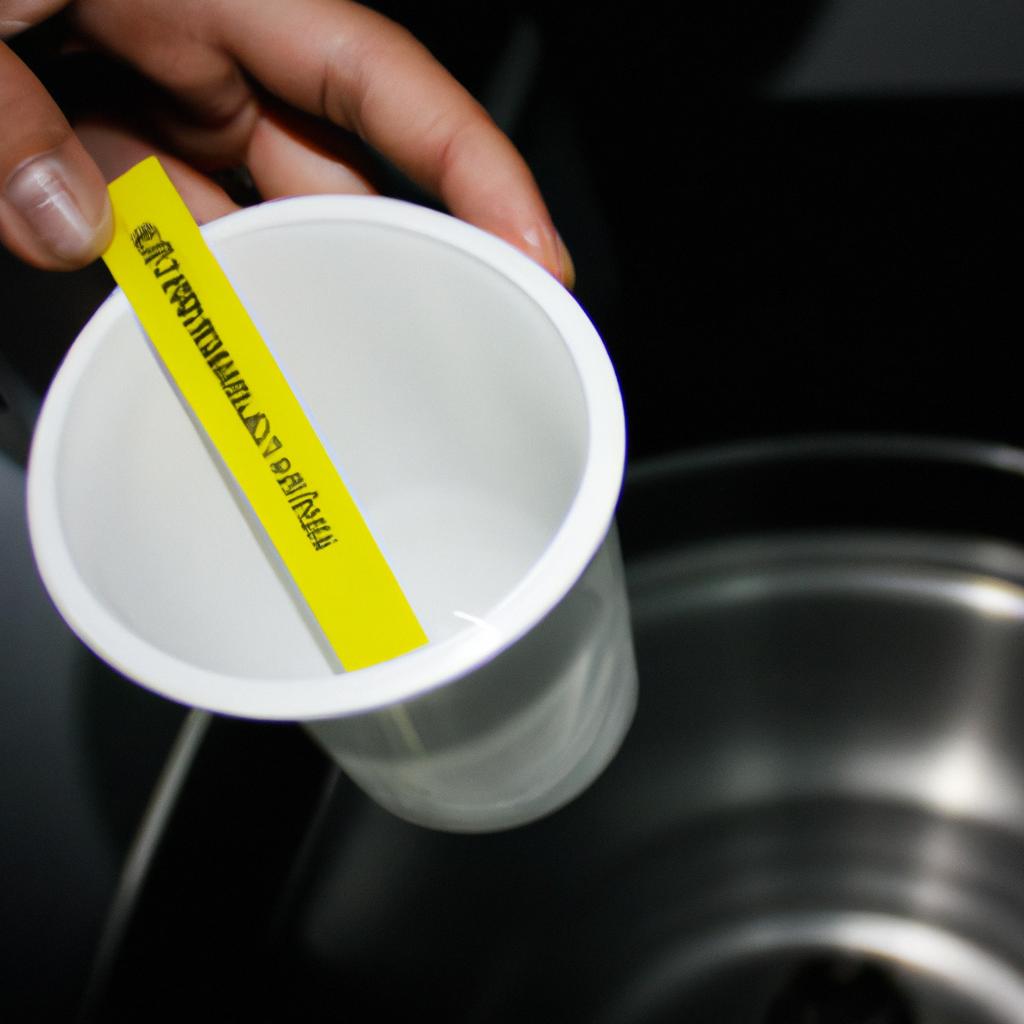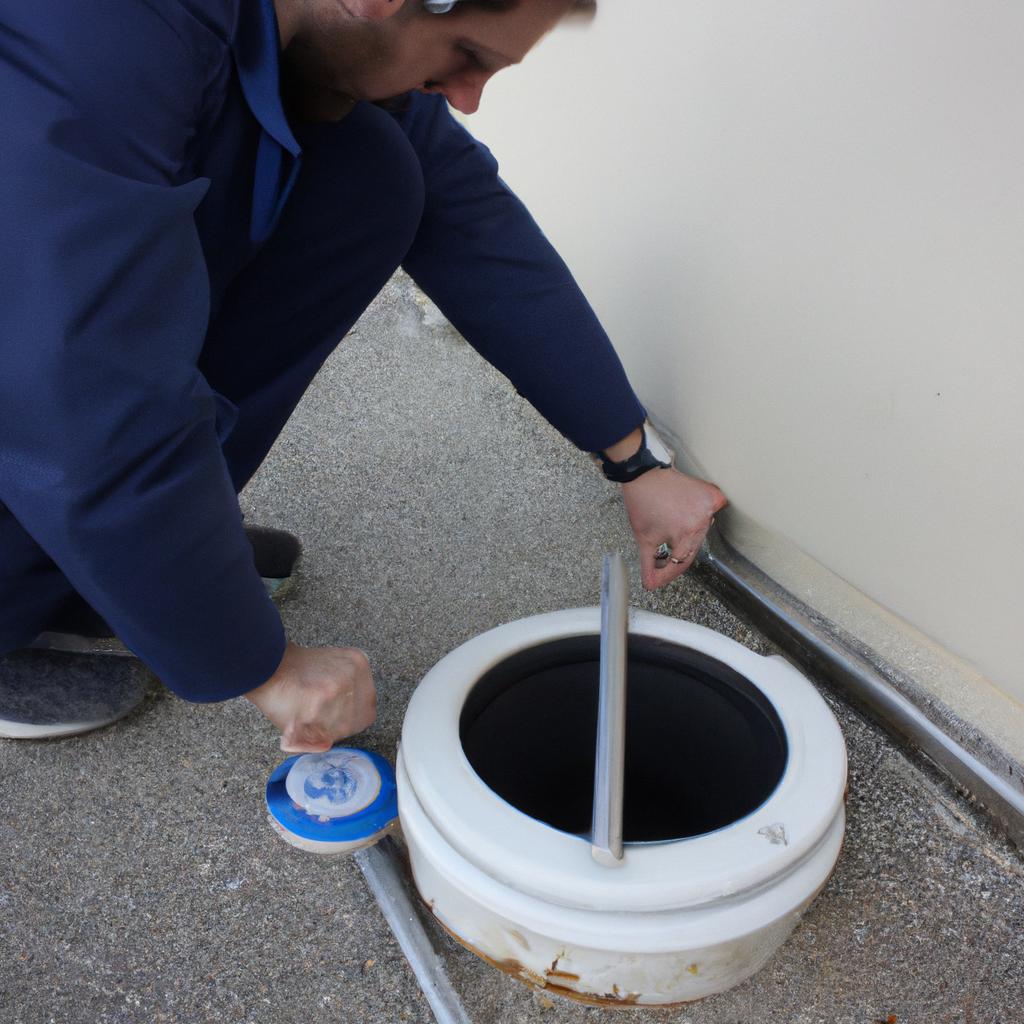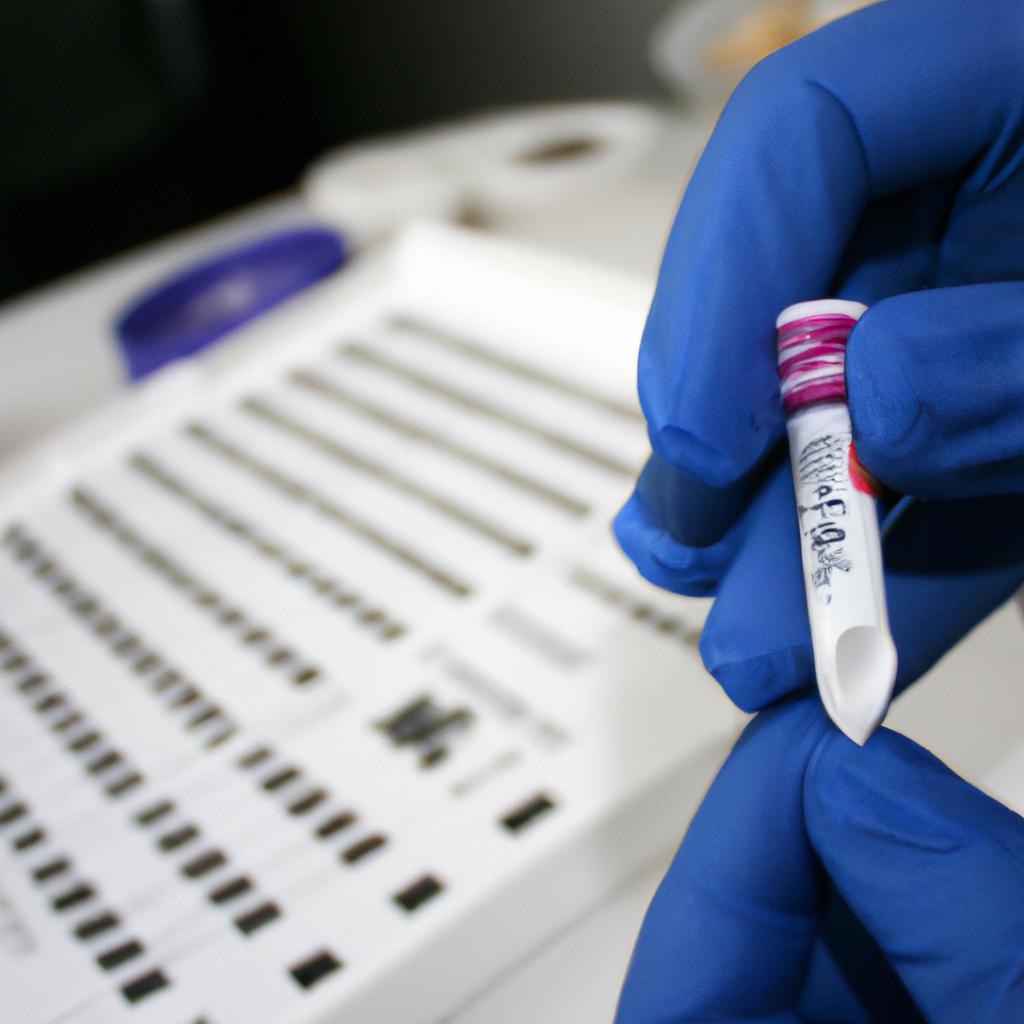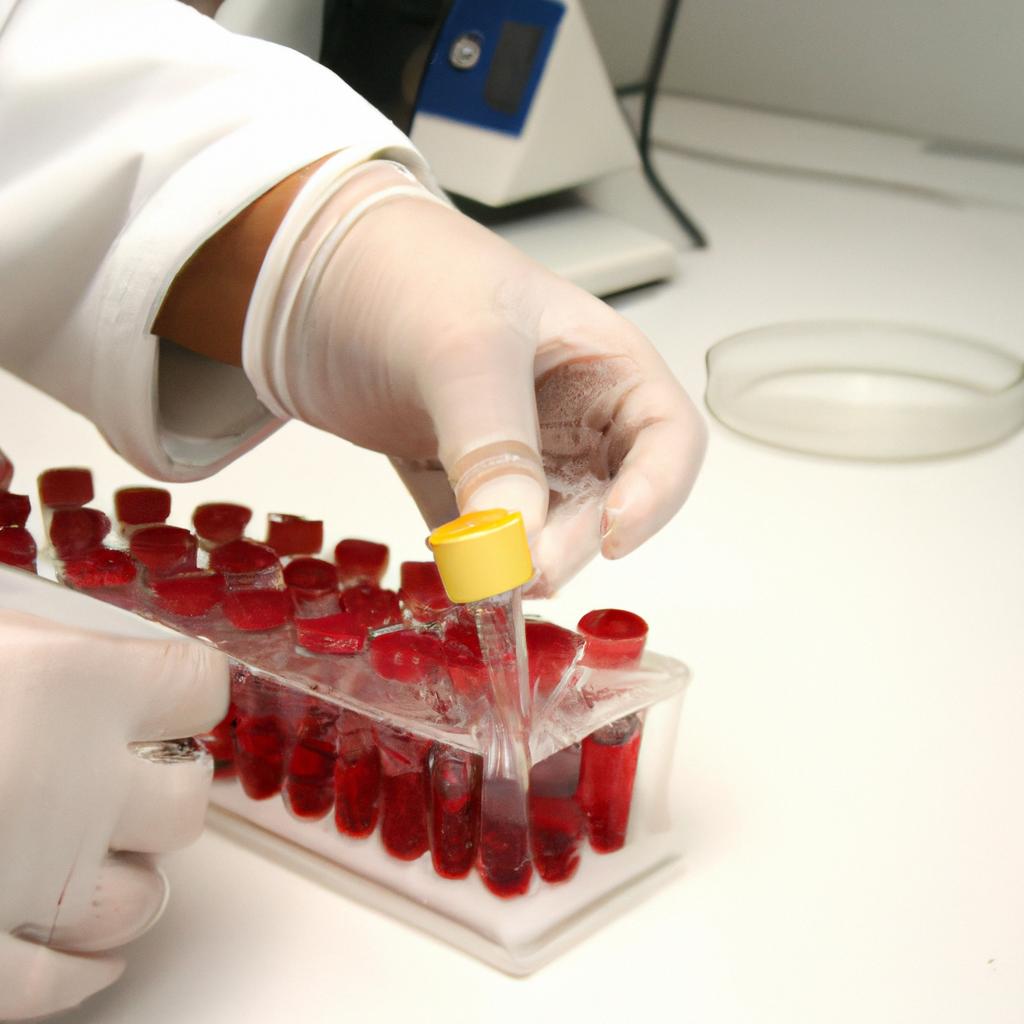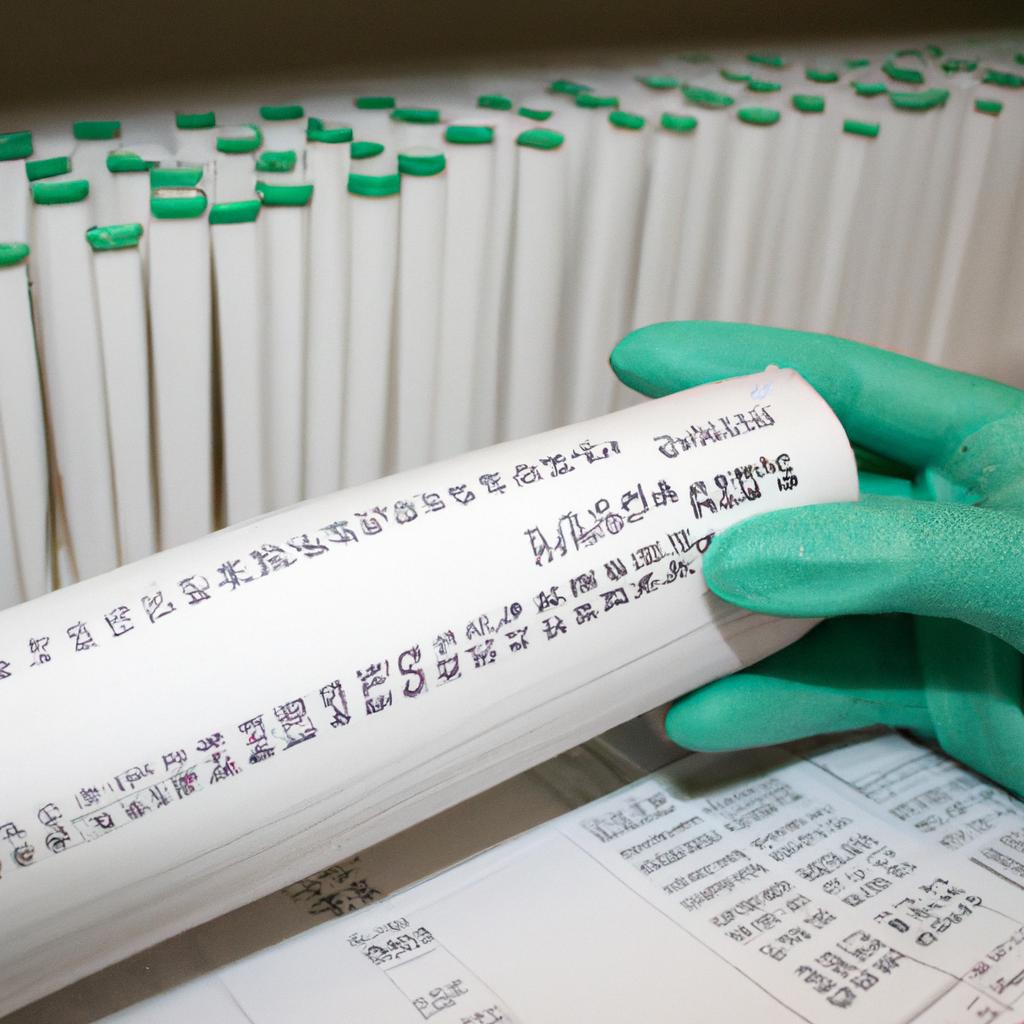Enzyme assays play a crucial role in veterinary clinical pathology, providing valuable insights into the biochemical processes occurring within animals. These assays involve measuring the activity of specific enzymes present in biological samples, such as blood or urine, to aid in diagnosing and monitoring various diseases and conditions. For instance, …
Read More »Electrolyte Analysis in Veterinary Clinical Pathology: A Comprehensive Overview in Clinical Chemistry
Electrolyte analysis plays a crucial role in veterinary clinical pathology, providing valuable insights into the physiological status and overall health of animals. By measuring the concentrations of various electrolytes in body fluids, such as blood or urine, veterinarians can assess fluid balance, acid-base equilibrium, renal function, and other important parameters. …
Read More »Urinalysis in Veterinary Clinical Pathology: Insights into Clinical Chemistry
Urinalysis holds a crucial role in the field of veterinary clinical pathology, providing valuable insights into clinical chemistry. By analyzing the composition and characteristics of urine samples obtained from animals, veterinarians can gain invaluable information about their patients’ overall health and identify potential underlying conditions. For instance, consider a hypothetical …
Read More »Blood Gas Analysis in Veterinary Clinical Pathology: Insights on Clinical Chemistry
Blood gas analysis is a crucial tool in veterinary clinical pathology, providing valuable insights into the acid-base balance and respiratory status of animals. This diagnostic technique allows for the evaluation of blood pH, partial pressure of oxygen (pO2), partial pressure of carbon dioxide (pCO2), bicarbonate ion concentration (HCO3-), and other …
Read More »Coagulation Testing in Veterinary Clinical Pathology: Informative Insights
Coagulation testing plays a crucial role in veterinary clinical pathology, providing informative insights into the hemostatic status and potential bleeding disorders in animals. By assessing various coagulation parameters, such as clotting times, fibrinogen levels, and platelet counts, veterinarians can obtain valuable information about an animal’s ability to form clots and …
Read More »Clinical Chemistry in Veterinary Clinical Pathology: A Comprehensive Guide
Clinical chemistry is a crucial component of veterinary clinical pathology, providing valuable insights into the health and well-being of animals. By analyzing various biochemical parameters in blood, urine, and other bodily fluids, clinicians can detect and monitor diseases, assess organ function, evaluate nutritional status, and guide therapeutic interventions. For instance, …
Read More »Lipid Profiles in Veterinary Clinical Pathology: Insights from Clinical Chemistry
The assessment of lipid profiles in veterinary clinical pathology plays a crucial role in the diagnosis, monitoring, and management of various diseases in animals. By analyzing lipids present in biological samples such as blood or tissue, clinicians can gain valuable insights into metabolic disorders, cardiovascular diseases, and endocrine imbalances among …
Read More » Vet Clin Path Journal
Vet Clin Path Journal
